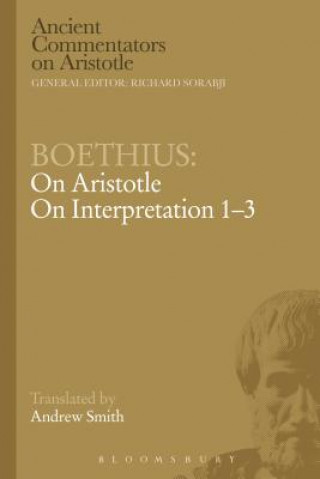
Kód: 04437295
Boethius: On Aristotle On Interpretation 1-3
Autor Boethius
Boethius (c. 480-c. 525) wrote his highly influential second commentary on Aristotle's On Interpretationin Latin, but using the style of the Greek commentaries on Aristotle. It was part of his project to bring knowledge of Plato a ... celý popis
- Jazyk:
 Angličtina
Angličtina - Väzba: Pevná
- Počet strán: 176
Nakladateľ: Bloomsbury Publishing, 2010
- Viac informácií o knihe

Mohlo by sa vám tiež páčiť
-

Outlander
11.33 € -13 % -

Luscious
19.60 € -

Pet Sematary
14.09 € -

Prolegomena to a Carnal Hermeneutics
174.14 € -

Faculty Groups
103.15 € -

Power of Commerce
121.13 € -

Activity-Based Management for Service Industries, Industries, Government Entities & Nonprofit Organizations (Paper)
112.65 € -

Transversal Rationality and Intercultural Texts
111.22 € -

Best 50 Bruschetta Recipes
7.04 € -6 % -

Fearsome Heritage
77.82 € -

Schopenhauer and the Wild Years of Philosophy
73.02 € -

Positive Discipline: The First Three Years, Revised and Updated Edition
14.19 € -23 % -

123 VAVAVROOM
17.35 € -5 % -

Crooked Kingdom
9.08 € -24 % -

Disney Fake Book - 4th Edition
43.91 € -13 % -

The Fountain Tarot
37.88 € -8 % -

The Night Club Part I
19.29 € -

The Adventures of Little Pansy, 1862: Pansy Parlin Series...My Little Folks Books
9.39 € -

Cheyenne Winter
18.17 € -

One More Croissant for the Road
11.12 € -23 % -

ABBA
16.13 € -1 % -

Easy Tarot
20.93 € -2 % -

Peter and Wendy
28.28 € -

John Bowlby and Attachment Theory
55.25 € -

Cambridge Academic English C1 Advanced Teacher's Book
32.47 € -10 % -

Thinking Straight
73.94 € -

Harold Macmillan
18.68 € -13 % -

Shinichi Suzuki
30.63 € -2 % -

German Life Writing in the Twentieth Century
115.71 € -

When Sheep Cannot Sleep
8.98 € -13 % -

Black Death 1346-1353: The Complete History
38.19 € -

On War
5.51 € -26 % -

Geo-Engineering Climate Change
126.13 € -14 % -

Dark Pasture
12.96 € -

Schul-Spuren
79.86 €
Darujte túto knihu ešte dnes
- Objednajte knihu a vyberte Zaslať ako darček.
- Obratom obdržíte darovací poukaz na knihu, ktorý môžete ihneď odovzdať obdarovanému.
- Knihu zašleme na adresu obdarovaného, o nič sa nestaráte.
Viac informácií o knihe Boethius: On Aristotle On Interpretation 1-3
Nákupom získate 750 bodov
 Anotácia knihy
Anotácia knihy
Boethius (c. 480-c. 525) wrote his highly influential second commentary on Aristotle's On Interpretationin Latin, but using the style of the Greek commentaries on Aristotle. It was part of his project to bring knowledge of Plato and Aristotle to the Latin-speaking world of his fellow Christians. The project was cruelly interrupted by his execution at the age of about 45, leaving the Latin world under-informed about Greek Philosophy for 700 years. Boethius reveals to us how On Interpretation was understood not only by himself, but also by some of the best Greek interpreters, especially Alexander and Porphyry. Alexander had insisted that its subject was composite thoughts, not composite sentences nor composite things - it is thoughts that are primarily true or false. Although Aristotle's first six chapters define name, verb, sentence, statement, affirmation and negation, Porphyry had claimed that Aristotelians believe in three types of name and verb, written, spoken and mental, in other words a language of the mind. Boethius discusses individuality and ascribes to Aristotle a view that each individual is distinguished by having a composite quality that is not merely unshared, but unshareable. Boethius also discusses why we can still say that the dead Homer is a poet, despite having forbidden us to say that the dead Socrates is either sick or well. But Boethius' most famous contribution is his interpretation of Aristotle's discussion of the threat of that tomorrow's events, for example a sea battle, will have been irrevocable 10,000 years ago, if it was true 10,000 years ago that there would be a sea battle on that day. In Boethius' later "Consolation of Philosophy", written in prison awaiting execution, he offered a seminal conception of eternity to solve the related problem of future events being irrevocable because of God's foreknowledge of them.
 Parametre knihy
Parametre knihy
Zaradenie knihy Knihy po anglicky Humanities Philosophy History of Western philosophy
302.53 €
- Celý názov: Boethius: On Aristotle On Interpretation 1-3
- Autor: Boethius
- Jazyk:
 Angličtina
Angličtina - Väzba: Pevná
- Počet strán: 176
- EAN: 9780715639184
- ISBN: 0715639188
- ID: 04437295
- Nakladateľ: Bloomsbury Publishing
- Hmotnosť: 436 g
- Rozmery: 241 × 162 × 20 mm
- Dátum vydania: 22. July 2010
Obľúbené z iného súdka
-

Meditations
9.39 € -24 % -

The Myth of Sisyphus
8.06 € -

Why I Am so Clever
3.97 € -15 % -

Meditations
14.90 € -23 % -

Republic
11.94 € -17 % -

Beyond Good and Evil
11.12 € -23 % -

Gay Science
12.66 € -22 % -

Aphorisms on Love and Hate
3.56 € -24 % -

Beyond Good & Evil
12.86 € -21 % -

Meditations on First Philosophy
10.71 € -19 % -
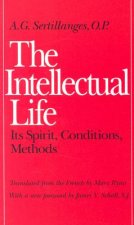
Intellectual Life
19.50 € -19 % -

Socrates' Defence
3.56 € -24 % -
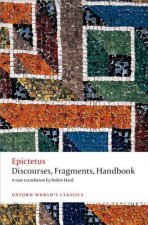
Discourses, Fragments, Handbook
11.63 € -19 % -

Ride the Tiger
25.12 € -3 % -

Thus Spoke Zarathustra
9.79 € -24 % -

Fear and Trembling
11.12 € -23 % -

Birth of Tragedy
4.08 € -13 % -
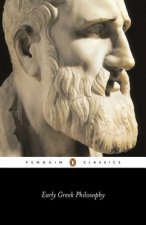
Early Greek Philosophy
14.39 € -23 % -
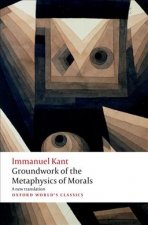
Groundwork for the Metaphysics of Morals
10.92 € -19 % -
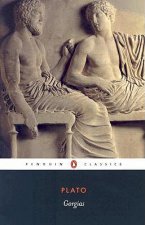
Gorgias
11.74 € -

Brief History of Analytic Philosophy - From Russell to Rawls
38.60 € -2 % -
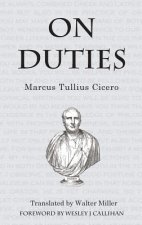
On Duties
13.68 € -4 % -

Discourses and Selected Writings
10.92 € -24 % -

Nicomachean Ethics
6.02 € -19 % -

Nausea
11.12 € -23 % -

Letters from a Stoic
12.35 € -15 % -

Meditations
20.01 € -21 % -

Simulacra and Simulation
22.87 € -

Phenomenology of Spirit
34.82 € -

Twilight of the Idols with The Antichrist and Ecce Homo
5.40 € -28 % -

On Liberty, Utilitarianism and Other Essays
10.10 € -22 % -

On the Suffering of the World
7.96 € -22 % -

Human Condition
21.54 € -9 % -

On the Shortness of Life
8.57 € -18 % -

Existentialism Is a Humanism
9.08 € -19 % -

Think
12.25 € -15 % -

Guide to the Good Life
18.99 € -2 % -
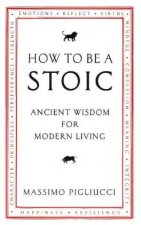
How To Be A Stoic
17.66 € -23 % -

The Symposium
9.28 € -19 % -

Human, All Too Human & Beyond Good and Evil
5.91 € -21 % -

At The Existentialist Cafe
12.76 € -24 % -

Undiscovered Self
28.59 € -
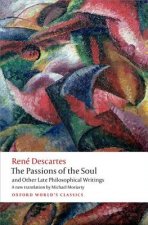
Passions of the Soul and Other Late Philosophical Writings
12.25 € -23 % -

The Trouble With Being Born
13.17 € -18 % -

Leviathan
5.20 € -30 % -
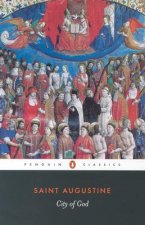
City of God
18.89 € -2 % -

Ecce Homo
10.10 € -22 % -
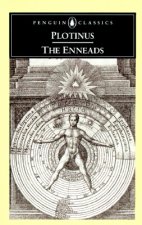
Enneads
16.33 € -19 % -

On Friendship
7.96 € -22 %
Osobný odber Bratislava a 2642 dalších
Copyright ©2008-24 najlacnejsie-knihy.sk Všetky práva vyhradenéSúkromieCookies



 21 miliónov titulov
21 miliónov titulov Vrátenie do mesiaca
Vrátenie do mesiaca 02/210 210 99 (8-15.30h)
02/210 210 99 (8-15.30h)